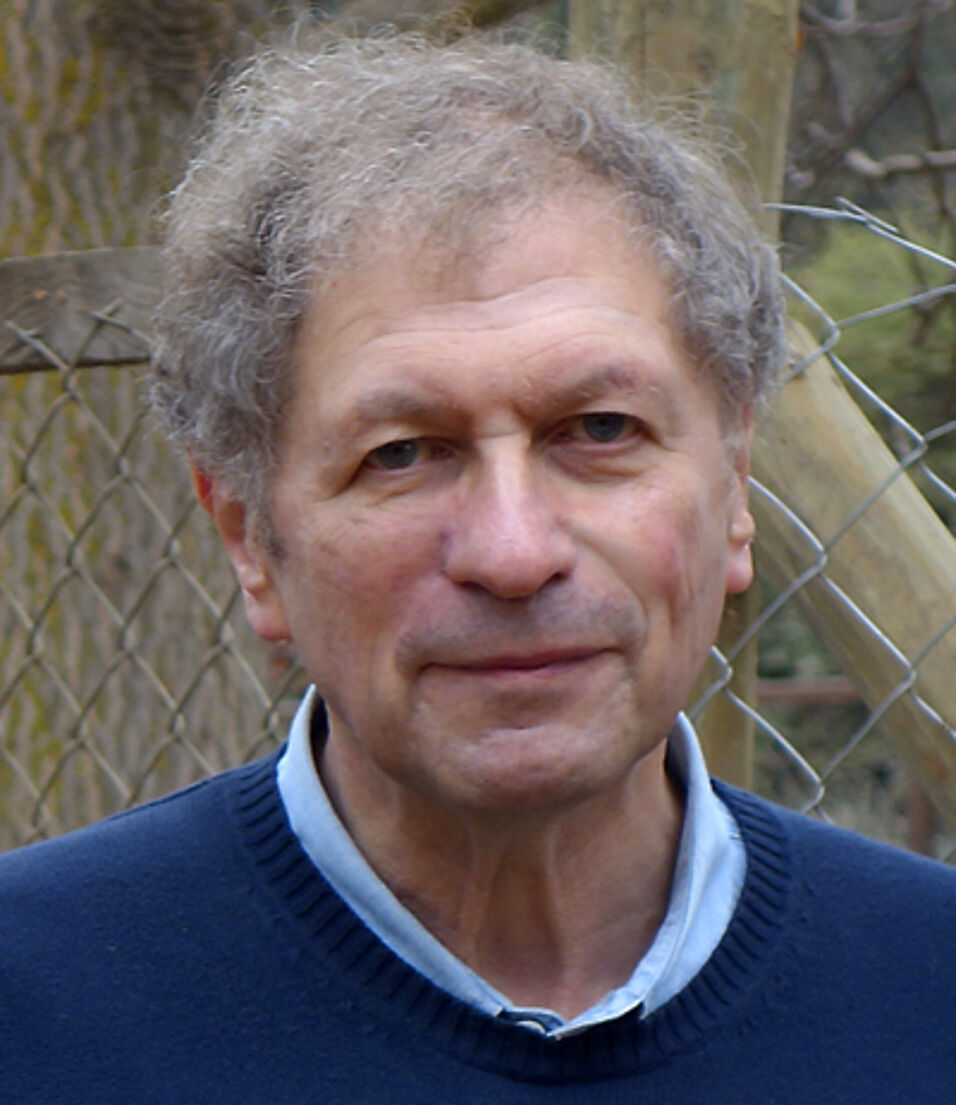To join our colloquium please register with Zoom. Register here:
https://www.kli.ac.at/en/events/event_calendar/view/606
Topic description / abstract:
To what extent is evolution predictable? Living tissues are material systems, and as such, have inherent forms and modes of organization. In this sense, the morphological evolution of multicellular organisms has preferred trajectories. For the animals, or metazoans, the proteins that attach the cells to each other permit them to reshuffle their positions while the cell mass remains cohesive. This gives metazoan cell clusters liquid-like properties. And since the physics of liquids is well-understood, animal forms have features ‘generic’ to this form of matter and its liquid crystalline, viscoelastic, and other variants. Embryonic multilayering, lumen formation, elongation, and appendage and endoskeleton formation can all be understood, in principle, on this basis. But each stage of animal evolution – emergence from unicellular (holozoan) ancestors, diploblasty, triploblasty, chordatogenesis – required the invention of novel genes and their protein products to mobilize previously unused physical effects to produce inherent morphogenetic properties of superphyla and phyla. A different kind of inherency pertains to the functions of animal organs, their tissues, and their differentiated cells. Here the invention of new modes of gene expression, based on, but strikingly different from those of unicellular holozoans, employed metazoan-specific, liquid-like topologically associating domains (TADs), to recruit suites of coordinately regulated genes of preexisting life-sustaining activities (motility, excitability, detoxification) that had evolved in single-celled ancestors. This permitted ready emergence of up to several hundred distinct specialized cell types, not by random variation and selection, but by mobilization of inherent functions. Finally, the contributions of ancient and enigmatic agent-like behaviors of individual cells will be discussed in relation to evolutionary outcomes – neural crest development, tumor formation, for example – that elude a full account via the ‘inherency’ perspective.
Biographical note:
Stuart A. Newman is a professor of cell biology and anatomy at New York Medical College, Valhalla, New York. His early scientific training was in chemistry (A.B., Columbia, Ph.D., University of Chicago), but he moved into biology, both experimental and theoretical, after receiving his academic degrees. He has contributed to several scientific fields, including biophysical chemistry, embryonic morphogenesis, and evolutionary theory. His theoretical work includes a mechanism for the patterning of the vertebrate limb skeleton based on the physics of self-organizing systems, and a physico-genetic framework for understanding the origination of animal body plans. His experimental work includes the characterization of the biophysical process of “matrix-driven translocation” of cells. Newman has also written on ethical and societal issues related to research in developmental biology and was a founding member the Council for Responsible Genetics (Cambridge, Mass.). He is an external faculty member of the Konrad Lorenz Institute, Klosterneuburg, Austria, and editor-in-chief of the institute’s journal Biological Theory. He is co-editor (with Gerd B. Müller) of Origination of Organismal Form: Beyond the Gene in Developmental and Evolutionary Biology (MIT, 2003), (with Karl J. Niklas) of Multicellularity: Origins and Evolution (MIT, 2016), and coauthor (with Gabor Forgacs) of the textbook Biological Physics of the Developing Embryo (Cambridge, 2005).

